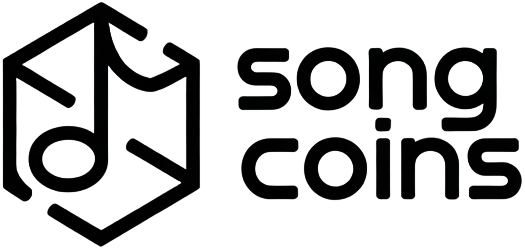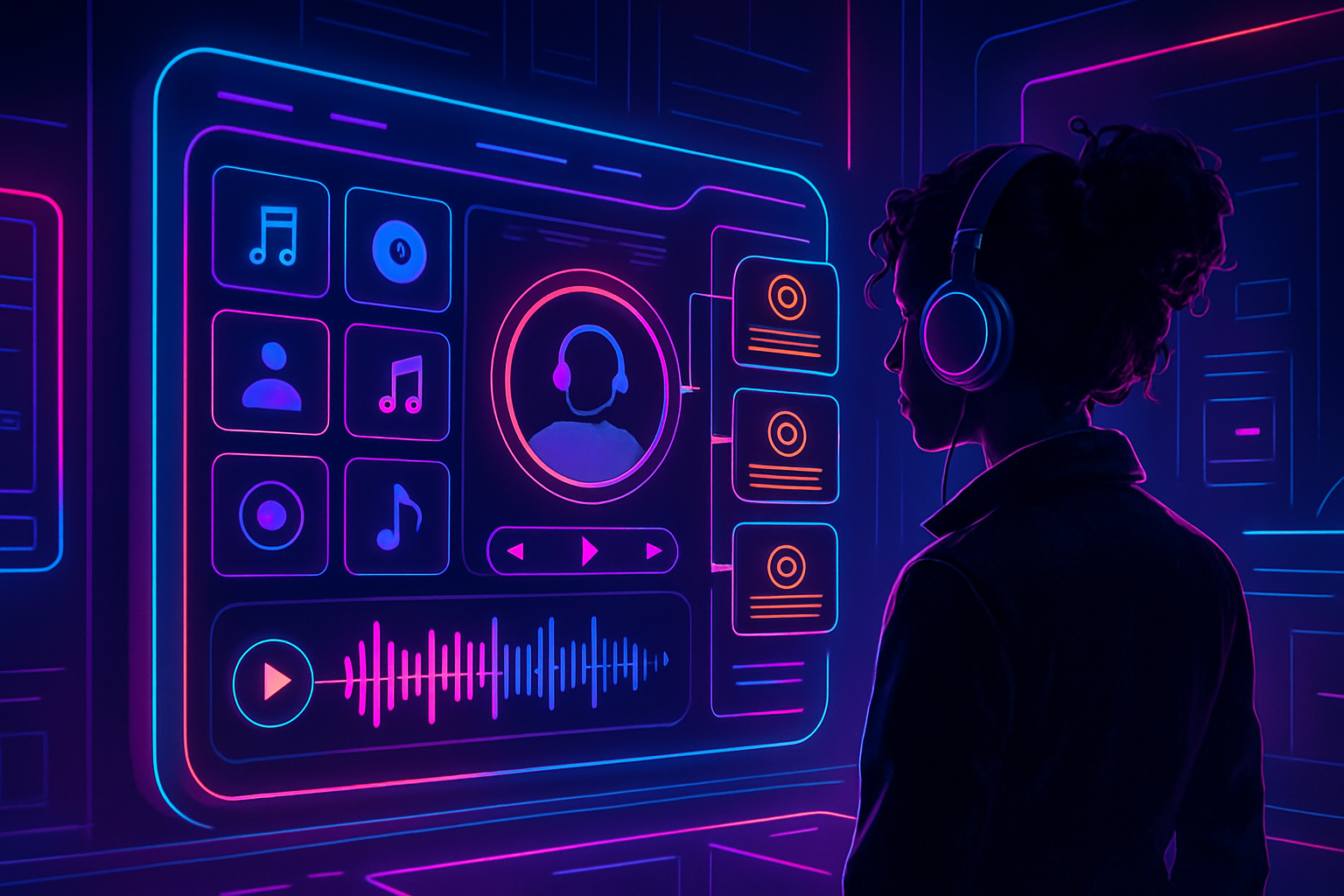
Independent musicians have long faced barriers in accessing fair compensation and sustainable income from their creative work. Traditional royalty systems are often opaque, slow, and dominated by intermediaries, leaving indie artists with a fraction of their deserved revenue. The rise of tokenized music royalties is fundamentally reshaping this landscape, giving artists unprecedented control and transparency over their earnings through blockchain-powered solutions.

Tokenization: Turning Music Rights into Digital Assets
At its core, tokenization involves converting music rights into digital tokens recorded on a blockchain. These tokens represent fractional ownership in a song or album’s future royalty streams. Artists can sell these tokens directly to fans and investors, raising capital upfront while sharing a portion of future earnings. This model is not only democratizing access to music investment but is also fostering deeper artist-fan connections.
Platforms like Royal. io have pioneered this approach, allowing artists to tokenize their streaming royalty rights. A notable example is rapper Nas, who sold streaming royalty rights for his songs “Ultra Black” and “Rare” via Royal, giving fans a stake in his music’s financial success. Learn more about Royal’s impact here.
Real-Time, On-Chain Revenue: Speed and Transparency
Unlike the months-long delays common in legacy royalty systems, blockchain-based smart contracts automate royalty calculations and payments. This means artists and token holders receive their share of streaming or licensing income almost instantly and with full transparency. There’s no need for banks or traditional collection agencies. Every transaction is recorded on-chain, ensuring trust and accuracy for all parties involved.
For indie artists, this shift is transformative. Not only do they gain access to immediate funding by selling royalty tokens, but they also benefit from ongoing, real-time revenue distribution as their music is streamed or licensed. This model enables artists to fund new projects, tours, or music videos without relying on advances from labels or predatory lending.
Key Benefits of Tokenized Music Royalties for Indie Artists
-
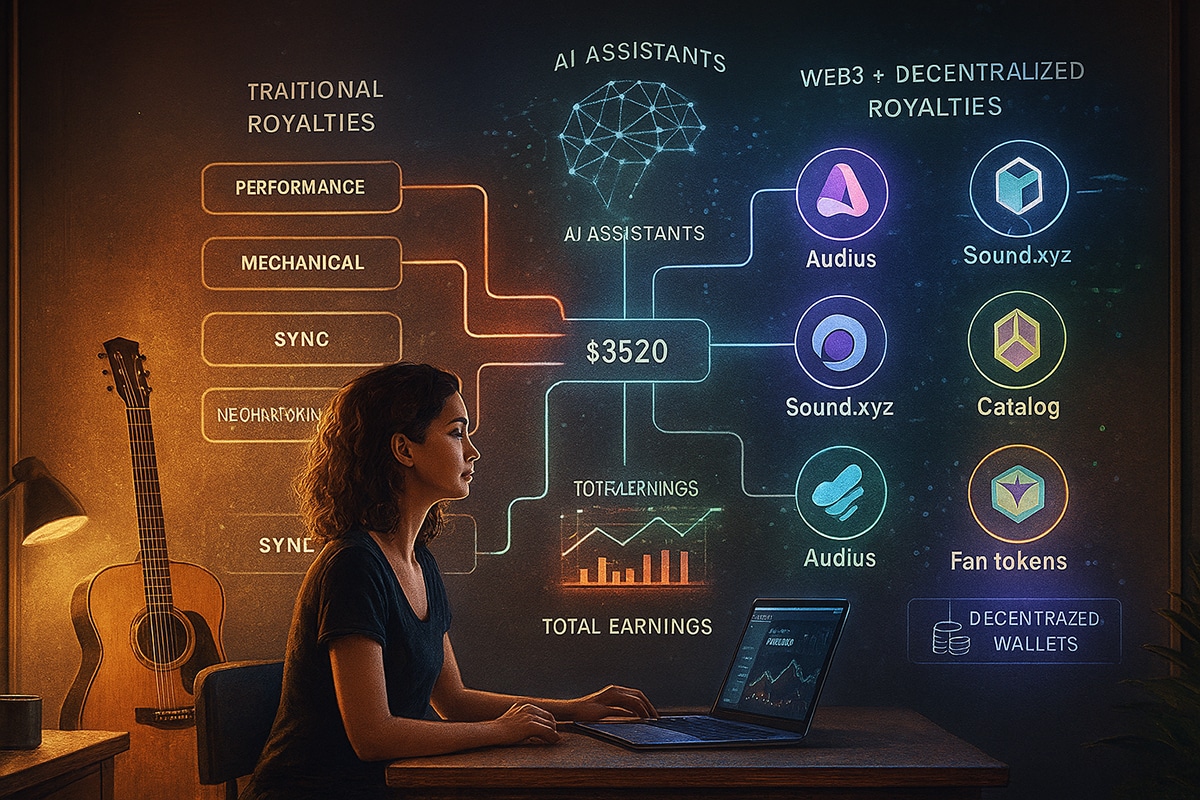
Direct Fan Investment and Engagement: Platforms like Royal.io enable artists to sell shares of their music royalties directly to fans, fostering deeper connections and providing immediate funding. Notably, rapper Nas partnered with Royal to tokenize streaming royalty rights for his songs, setting a precedent for artist-fan revenue sharing.
-

Faster and Transparent Payments: Smart contracts on blockchain platforms automate royalty calculations and distributions, ensuring artists receive payments in near real-time without delays from intermediaries. This transparency reduces disputes and guarantees prompt compensation.
-
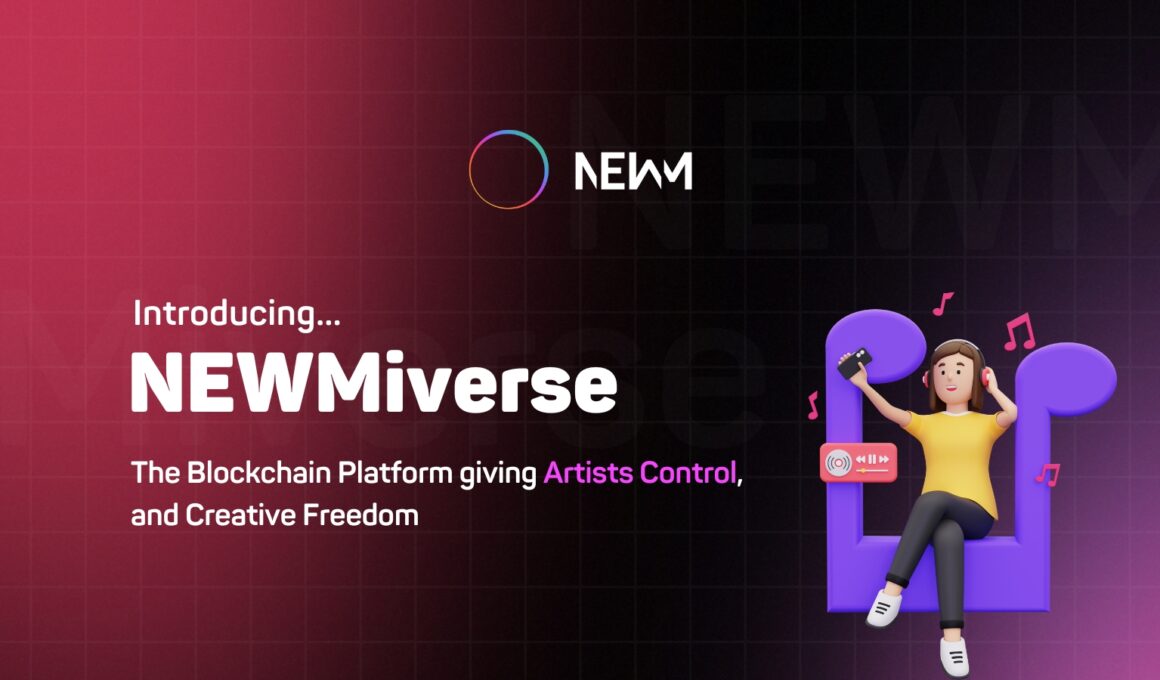
Greater Revenue Retention: By removing traditional middlemen, tokenized royalties allow indie musicians to keep a larger share of their earnings from streaming, licensing, and sales. This model contrasts sharply with legacy systems where artists often receive only a fraction of generated revenue.
-
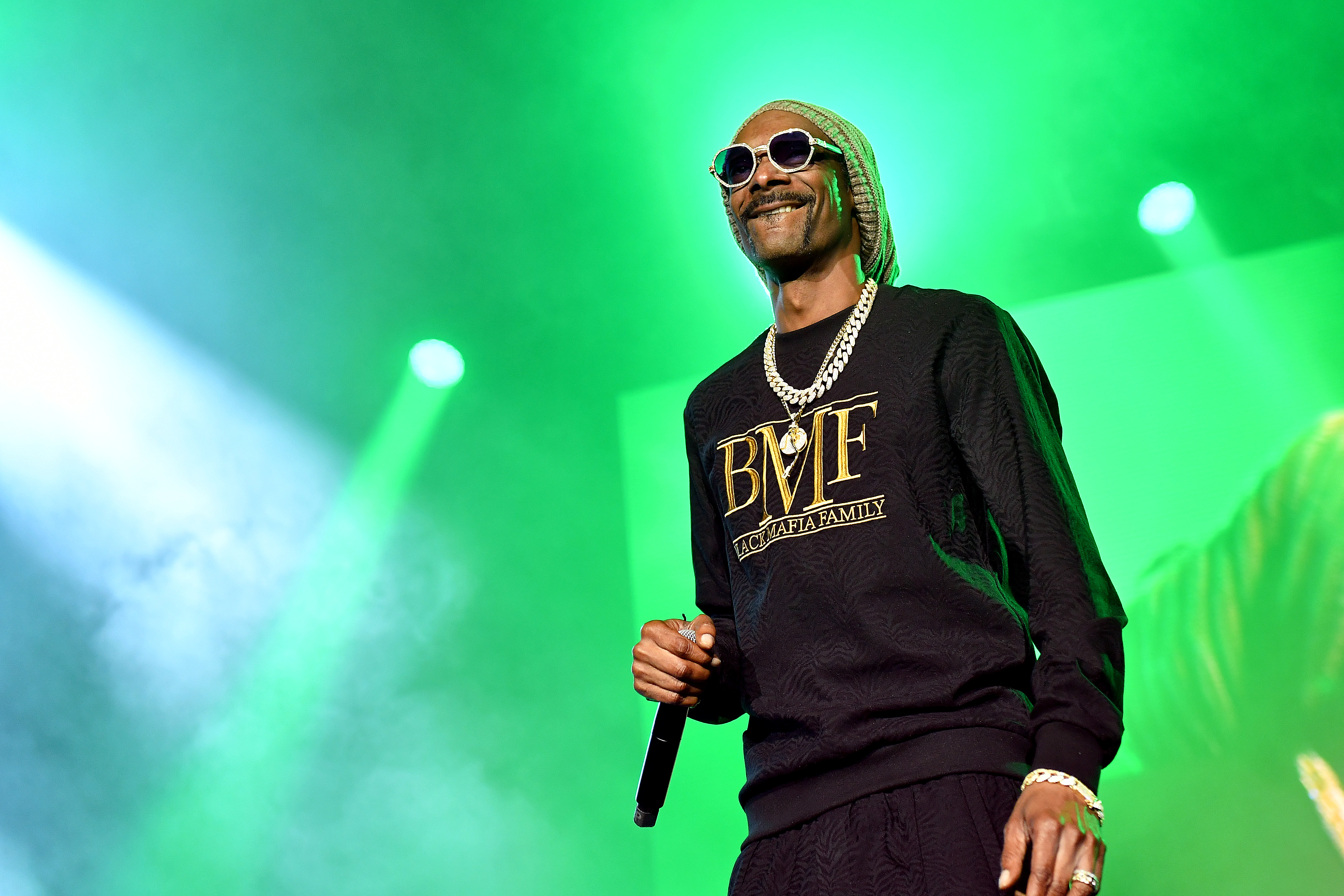
New Funding Opportunities: Tokenization allows artists to raise capital by selling future royalty rights. For example, Iman Europe raised $15,600 by releasing 50 music NFTs—an amount that would have required millions of Spotify streams—demonstrating the power of direct fan-backed funding.
-

Immutable Rights and Security: Blockchain technology creates a permanent, tamper-proof record of music ownership and royalty agreements, reducing the risk of unauthorized distribution and ensuring artists’ rights are protected.
Case Studies: Indie Artists Outperforming Traditional Streaming
The impact of music royalty NFTs is already evident in several high-profile case studies. Iman Europe, an independent artist, released 50 music NFTs for her single “Commitment, ” raising $15,600. Achieving the same through Spotify would require approximately 5.2 million streams, a stark illustration of how tokenization can amplify artist earnings. Similarly, DJ and producer 3LAU sold an NFT album with exclusive perks and ownership rights, raising over $11.6 million from fans and collectors. These examples underscore the potential for indie artists to bypass traditional gatekeepers and directly monetize their work at scale.
Despite these promising developments, the path to widespread adoption of indie artist blockchain royalties is not without obstacles. Piracy remains a persistent threat, as unauthorized uploads and fake streams can distort royalty calculations. While blockchain’s transparency helps track legitimate usage, it cannot entirely eliminate bad actors. Scalability is another concern, platforms like SoundChain have experienced technical bottlenecks during periods of high demand, exposing the need for robust infrastructure as the market matures.
Regulatory clarity is also lagging behind innovation. Legal disputes over music NFT ownership and royalty entitlements highlight the importance of well-defined smart contracts and compliance with intellectual property laws. Artists and investors alike must perform due diligence when engaging with new platforms and token offerings. As the regulatory landscape evolves, expect to see more standardized frameworks that protect both creators and buyers in the fractional music ownership ecosystem.
Empowering Artists and Fans: The New Creative Economy
What sets tokenized music royalties apart is the ability to align incentives between artists and their most passionate supporters. By offering fans a direct stake in future royalty streams, artists cultivate a community that is financially and emotionally invested in their success. This model transforms passive listeners into active promoters, amplifying reach and engagement.
Fan-Driven Campaigns Using Music Royalty NFTs
-

Nas & Royal.io: Selling Streaming Royalties to FansIn a groundbreaking campaign, Nas partnered with Royal.io to tokenize streaming royalty rights for his songs “Ultra Black” and “Rare.” Fans were able to purchase NFT-based shares, entitling them to a portion of future streaming revenue and creating a direct financial link between artist and supporter.
-
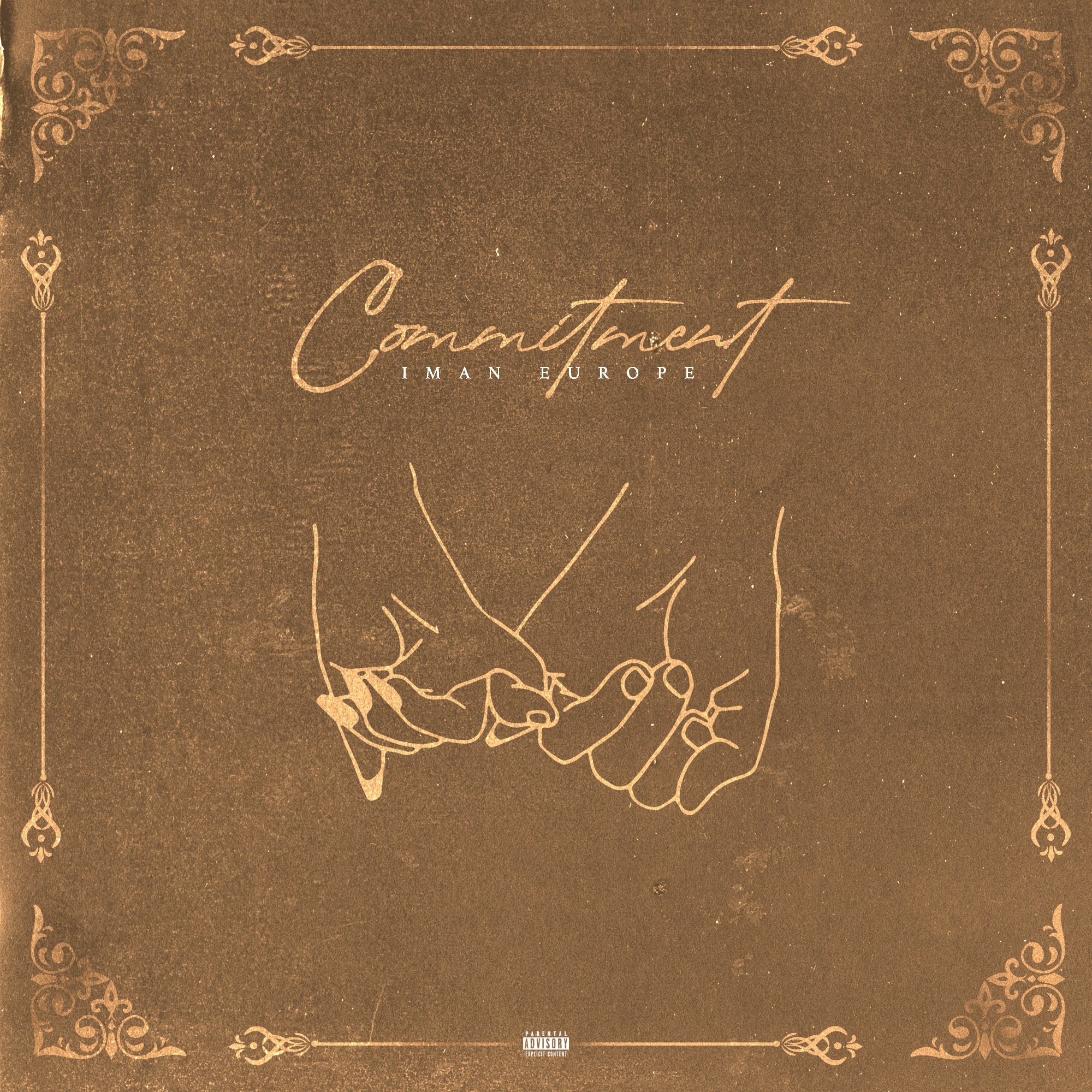
Iman Europe: Direct Fan Funding via Music NFTsIndependent artist Iman Europe released 50 NFTs representing royalty shares of her single “Commitment.” The campaign raised $15,600 directly from fans—an amount that would have required over 5 million Spotify streams—demonstrating the power of NFT-driven, community-backed music funding.
-
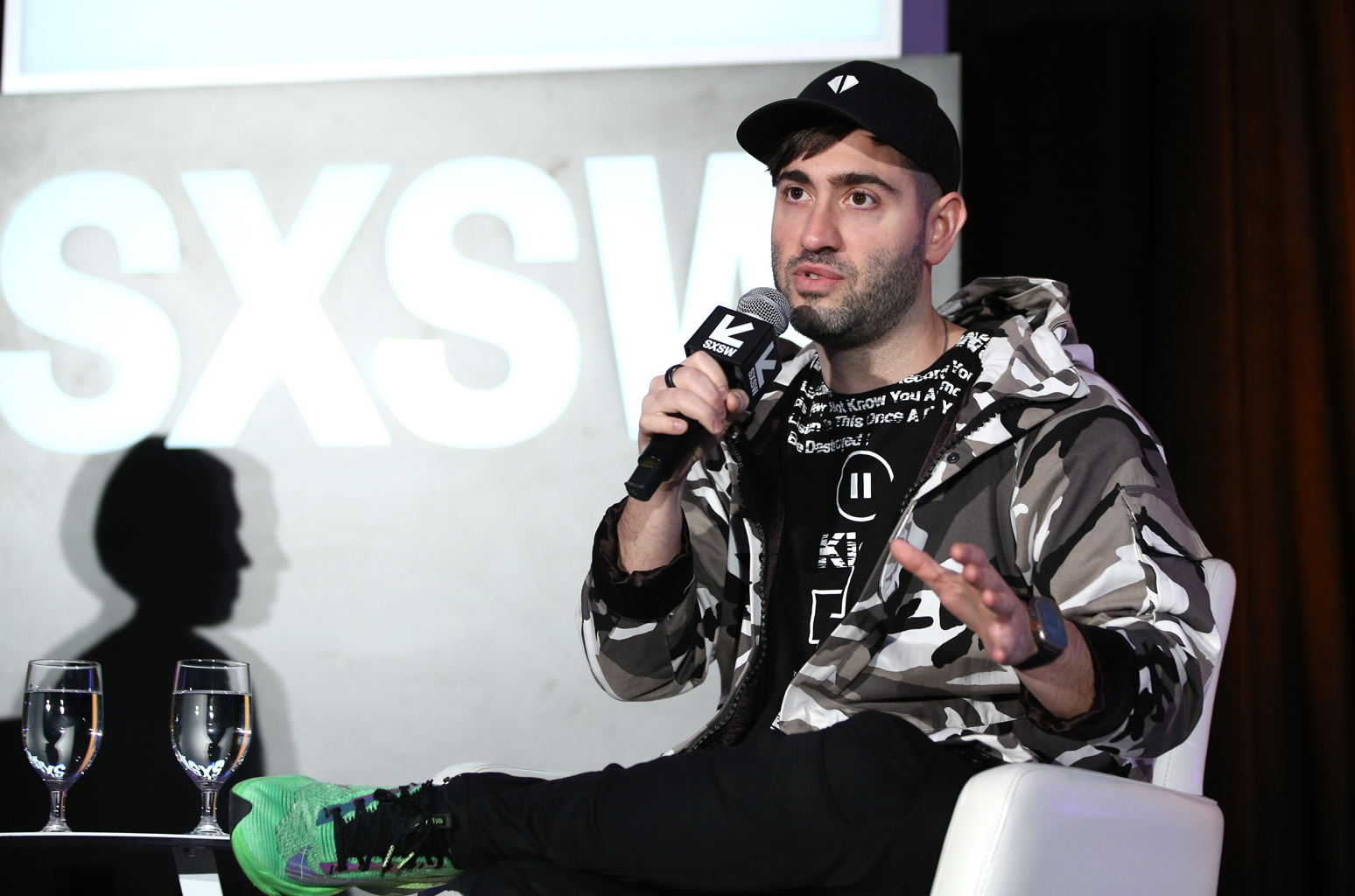
3LAU: Album Ownership & Perks Through NFT AuctionsElectronic artist 3LAU auctioned NFTs tied to his album “Ultraviolet,” raising over $11.6 million. Fans who won NFTs received not only a share of future royalties but also exclusive perks, illustrating how NFT campaigns can deepen fan engagement and unlock new revenue streams.
-
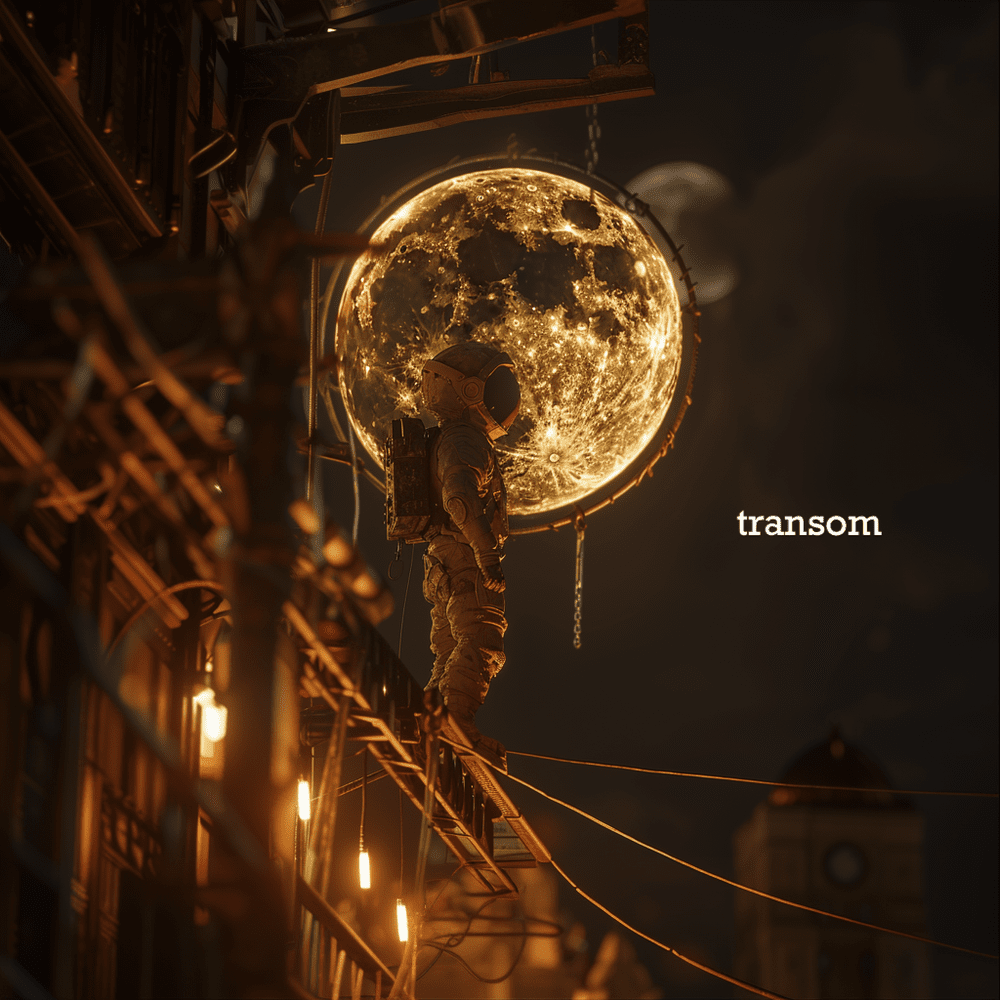
Catalog: Ongoing Fan Investment in Indie MusicCatalog is a platform where independent artists mint one-of-one music NFTs, allowing fans to directly purchase and support songs. These NFTs can include royalty-sharing arrangements, enabling ongoing fan-driven investment and transparent on-chain revenue distribution.
-

Sound.xyz: Community Royalties for Early SupportersSound.xyz empowers artists to release tracks as NFTs with built-in royalty splits. Fans who mint early editions can receive a share of future streaming or resale royalties, directly aligning their incentives with the artist’s success.
Platforms like Royal. io and Zoniqx are leading the charge, making it possible for artists at any stage of their career to access real-time, on-chain music revenue. As highlighted in recent analyses, smart contracts automatically distribute payments to all token holders when music is streamed, purchased, or licensed, eliminating delays and minimizing administrative costs. Read more about blockchain solutions for indie artists.
For investors, blockchain music investment opens a new asset class with the potential for recurring income and portfolio diversification. However, as with any emerging market, prudent risk management is essential. Investors should scrutinize the underlying rights, platform security, and the artist’s track record before participating in royalty token offerings.
Looking Ahead: The Future of On-Chain Music Revenue
The momentum behind tokenized music royalties shows no signs of slowing. As platforms address scalability and regulatory challenges, expect to see greater participation from both established and emerging artists. The promise of fractional music ownership is a more equitable industry, where value flows transparently to creators and supporters alike.
Ultimately, the convergence of blockchain technology and music rights is not just a technical innovation; it’s a cultural shift toward fairness, empowerment, and direct creative collaboration. As more indie artists embrace these tools, the traditional barriers to musical success continue to erode, replaced by a transparent system that rewards talent and engagement in real time.
